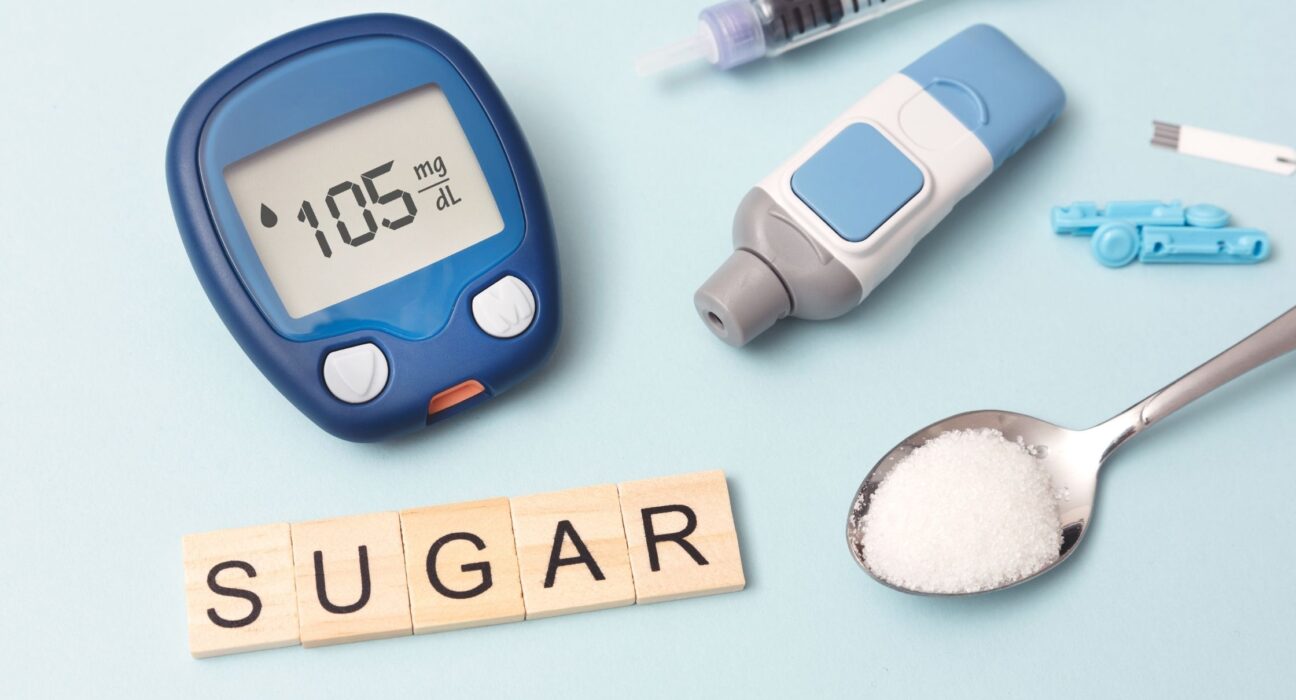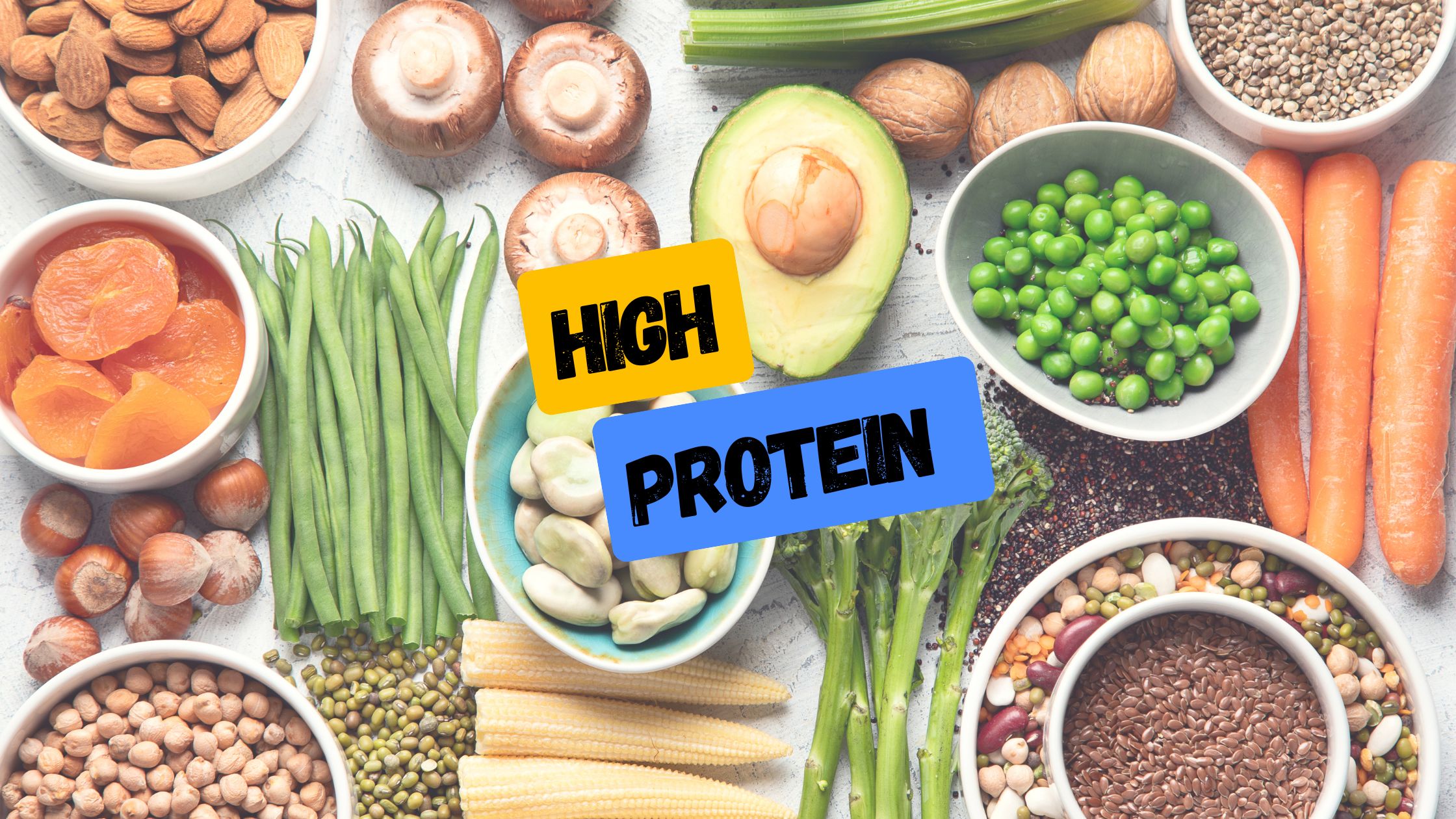Diabetes

Diabetes is a chronic disease that affects millions of people worldwide, regardless of age or demographic. Diabetes is a disorder which affects the body’s capacity to process glucose (sugar). This can result in high blood sugar, leading to serious complications if it’s not properly managed. Diabetes comes in many forms, with different causes and risks, but all of them share the same trait: a glucose imbalance.
It is important to understand the causes of diabetes, the early symptoms and the treatment options. This applies not only to those with the disease, but also anyone who wants prevent the condition. Smoking is a contributing factor that’s often overlooked to diabetes development and worsening. Smoking is not only associated with lung cancer or other diseases. It also increases the risk of type 2 diabetes.
This blog will cover diabetes, its causes, symptoms and treatment options, as well as the alarming link between smoking and diabetes. You’ll have the knowledge you need to make an informed decision about your health, or that of someone you care about.
What is Diabetes?
Diabetes mellitus occurs when the body cannot use or produces enough insulin. Insulin, a hormone made by the pancreas, helps glucose enter cells for use as energy. Insulin is a hormone produced by the pancreas that helps glucose from food enter cells to be used for energy.
Types of Diabetes
Diabetes comes in many forms, each with its own unique treatment.
1. Type 1 diabetes
-
Cause: Autoimmune degeneration of insulin-producing beta cell in the pancreas.
-
Onset : usually during childhood or adolescence.
-
Treatment: Daily injections of insulin or insulin pumps, blood sugar monitoring and dietary management.
2. Type 2 Diabetes
-
Cause Insulin Resistance combined with a decline in insulin production.
-
Often undiagnosed; a warning sign for type 2 diabetes.
-
Treatment: Lifestyle Changes, Oral Medications, Insulin, and Regular Monitoring
3. Gestational Diabetes
-
Cause: Hormonal fluctuations during pregnancy which affect insulin sensitivity.
-
Onset : In the second or third trisomy.
-
Treatment: Diet modifications, exercise and possible insulin or oral medication.
4. Prediabetes
-
Cause Elevated levels of blood glucose that do not qualify as diabetes.
-
Onset A warning sign of type 2 diabetes.
-
Treatment: Lifestyle intervention such as weight loss, healthy diet, and physical exercise.
Treatment Options for Diabetes
Proper diabetes management involves a combination of medication, lifestyle changes, and regular monitoring.
1. Medication
-
Type 1 Diabetes: Requires insulin for life.
-
Type 2 Diabetes: May include oral medications like Metformin or injectable drugs, including insulin.
2. Lifestyle Changes
-
Healthy Diet: Focus on low-glycemic foods, whole grains, lean proteins, and healthy fats.
-
Exercise: Aim for at least 150 minutes of moderate physical activity per week.
-
Weight Management: Losing even 5–10% of body weight can improve insulin sensitivity.
-
Stress Management: Chronic stress elevates blood glucose levels.
3. Quitting Smoking
Quitting smoking is critical for preventing and managing diabetes. It not only reduces the risk of developing diabetes but also lessens the chance of complications such as heart attacks, strokes, and kidney failure.
Practical Steps to Quit Smoking:
-
Use nicotine replacement therapy (NRT)
-
Join a structured smoking cessation program
-
Seek counseling or therapy
-
Avoid triggers and seek support from family or support groups
Diabetes: Causes and Risks
Although genetics may play a part, lifestyle and environment factors can also contribute to diabetes.
Common Causes & Risk Factors
-
Obesity or being overweight
-
Physical Inactivity
-
Unhealthy eating habits
-
High Blood Pressure and Cholesterol
-
Family History of Diabetes
-
Age (risk increases as you age)
-
Tobacco use and smoking
Diabetes and Smoking
Smoking is one of the most modifiable diabetes risk factors. Here’s why it can affect your metabolism:
-
Insulin resistance increases
-
Increases abdominal fat and inflammation
-
Restrictions in blood flow and glucose regulation
-
Increases the risk of stroke and heart disease in diabetics
The Centers for Disease Control and Prevention report that smokers have a 30-40% higher risk of developing type 2 diabetes. Smoking increases the risk of complications for people with diabetes. These include nerve damage, kidney problems, and cardiovascular issues.
Conclusion: Take Control of Your Health Today
Diabetes is a serious disease, but it can be managed and in many cases prevented. It is important to understand the impact of smoking on diabetes development and progression. Making informed lifestyle decisions, such as avoiding tobacco, can improve your health, whether you have diabetes or are at risk of developing it.
Quitting smoking is the best thing you can do if you have diabetes or want to prevent it. Consult your healthcare provider to get personalized advice.
All content on this website is for general informational, educational, and entertainment purposes only. It is not a substitute for professional advice in any field, including but not limited to health, fitness, nutrition, wellness, finance, legal, technology, or lifestyle.
While we strive for accuracy, we make no guarantees about the completeness, reliability, or suitability of the information. Any action you take based on this content is at your own risk.
Always consult a qualified professional before making decisions related to health, finances, legal matters, or any other specialized area. The website and its authors are not liable for any loss, injury, or damage resulting from use of this information.






